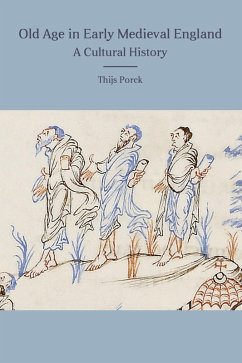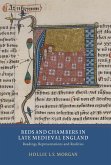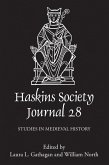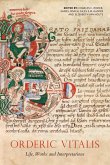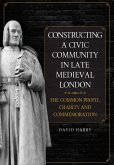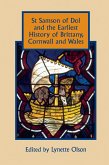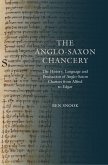First full-length study of the notion and concept of old age in early medieval England.
How did Anglo-Saxons reflect on the experience of growing old? Was it really a golden age for the elderly, as has been suggested? This first full survey of the Anglo-Saxon cultural conceptualisation of old age, as manifested and reflected in the texts and artwork of the inhabitants of early medieval England, presents a more nuanced and complicated picture. The author argues that although senescence was associated with the potential for wisdom and pious living, the Anglo-Saxons also anticipated various social, psychological and physical repercussions of growing old. Their attitude towards elderly men and women - whether they were saints, warriors or kings - was equally ambivalent.
Multidisciplinary in approach, this book makes use of a wide variety of sources, ranging from the visual arts to hagiography, homiletic literature and heroic poetry. Individual chapters deal with early medieval definitions ofthe life cycle; the merits and drawbacks of old age as represented in Anglo-Saxon homilies and wisdom poetry; the hagiographic topos of elderly saints; the portrayal of grey-haired warriors in heroic literature; Beowulf asa mirror for elderly kings; and the cultural roles attributed to old women.
THIJS PORCK is Assistant Professor of Medieval English, Leiden University Centre for the Arts in Society, Leiden University.
How did Anglo-Saxons reflect on the experience of growing old? Was it really a golden age for the elderly, as has been suggested? This first full survey of the Anglo-Saxon cultural conceptualisation of old age, as manifested and reflected in the texts and artwork of the inhabitants of early medieval England, presents a more nuanced and complicated picture. The author argues that although senescence was associated with the potential for wisdom and pious living, the Anglo-Saxons also anticipated various social, psychological and physical repercussions of growing old. Their attitude towards elderly men and women - whether they were saints, warriors or kings - was equally ambivalent.
Multidisciplinary in approach, this book makes use of a wide variety of sources, ranging from the visual arts to hagiography, homiletic literature and heroic poetry. Individual chapters deal with early medieval definitions ofthe life cycle; the merits and drawbacks of old age as represented in Anglo-Saxon homilies and wisdom poetry; the hagiographic topos of elderly saints; the portrayal of grey-haired warriors in heroic literature; Beowulf asa mirror for elderly kings; and the cultural roles attributed to old women.
THIJS PORCK is Assistant Professor of Medieval English, Leiden University Centre for the Arts in Society, Leiden University.
Dieser Download kann aus rechtlichen Gründen nur mit Rechnungsadresse in A, D ausgeliefert werden.

